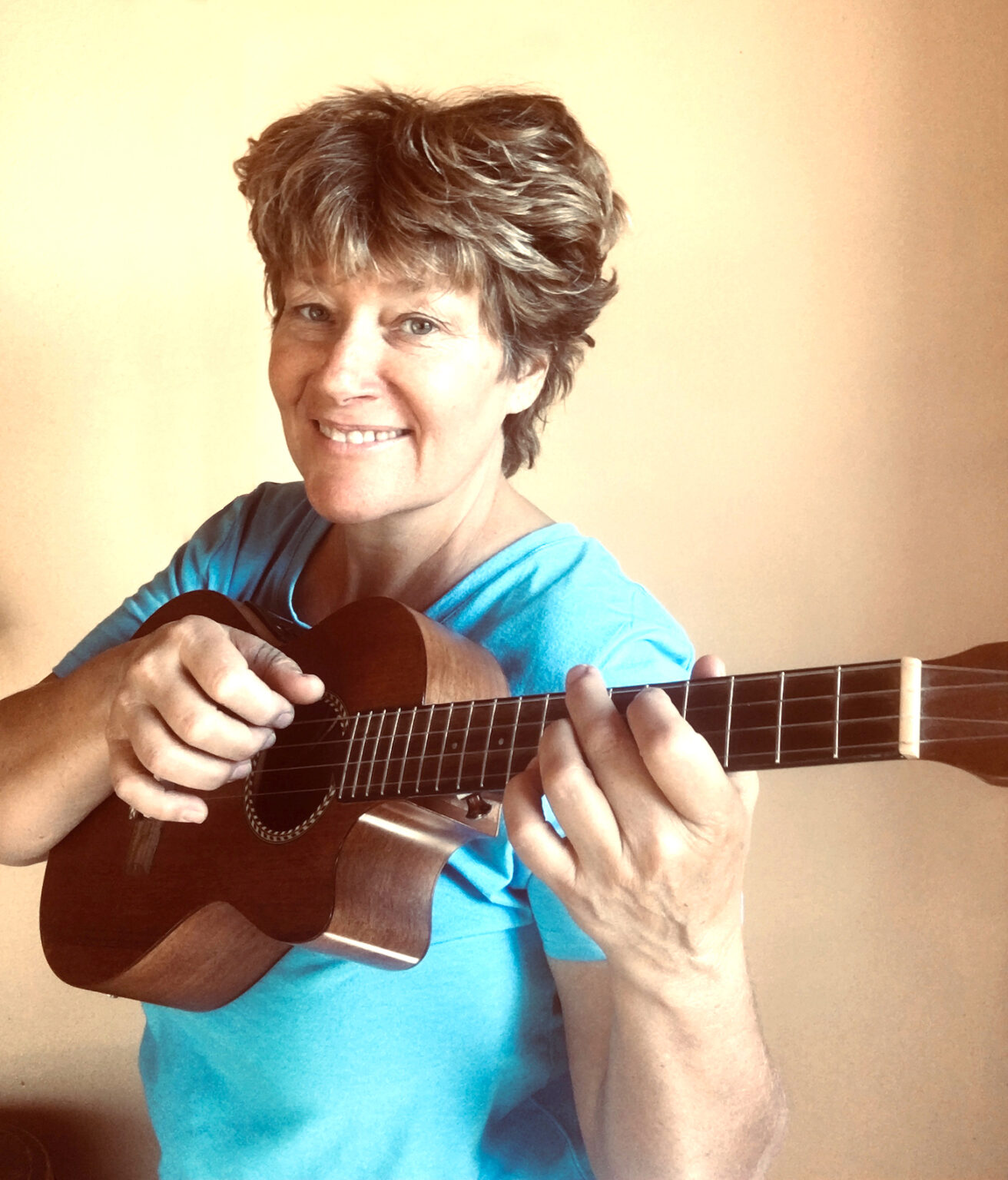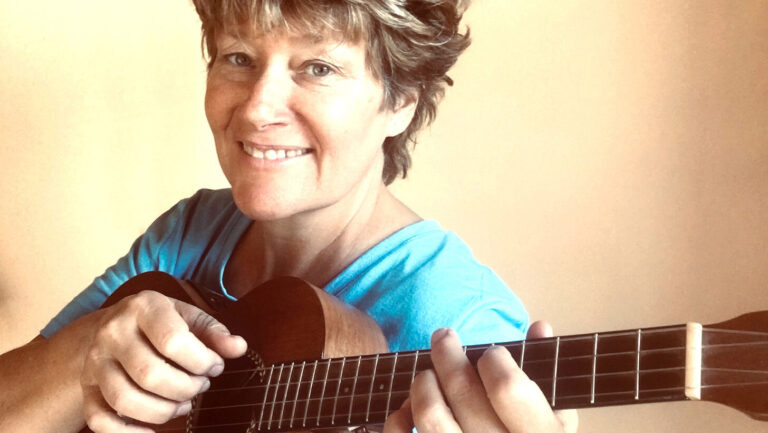Music Interview: Kristy Hines
Kristy Hinds And Her Strange Religion


courtesy of the artist
Latest Article|September 3, 2020|Free
::Making Grown Men Cry Since 1992


courtesy of the artist